
Leviathan
Recommendation
Philosopher Thomas Hobbes’s classic treatise is almost as old as Machiavelli’s The Prince, and it appeared roughly 15 years after the publication of the King James edition of the Bible. Leviathan evokes both works, with the former’s timeless insights into human nature and power, and the latter’s God-fearing absolute religious reverence. Thomas Hobbes’s insights into human behavior still resonate, and his exploration earns its place as a classic. Hobbes contends that citizens must obey a single sovereign in order to have an effective, peaceful and law-abiding commonwealth. His view goes against the separation of powers and the accountability concepts adopted as the cornerstones of Western liberal democracies. It also thwarts free speech, which Hobbes opposes, because free speech might generate rebellion. So is his tract still relevant today? Substantial sections are informative, though not dispositive, but that’s the way of philosophy. A modern-day reader may find Hobbes’s themes as relevant today as they were in the 17th century, given that the world still has dictators who answer to no one. Arguably, the linchpin of Hobbes’s benign sovereign-monarch model – and its weak spot – is that the fear of God will keep rulers in check. getAbstract recommends this classic to those who wonder about the structure of effective government in light of the vagaries of human nature.
Summary
About the Author
Political philosopher Thomas Hobbes wrote Leviathan during the English Civil War, when notions of kingship and sovereignty were central concerns.



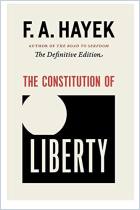
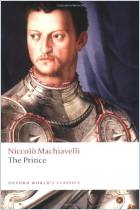
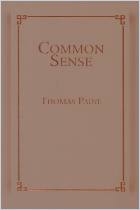
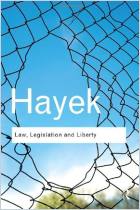
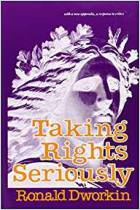

Comment on this summary